Surrogacy Laws & Process in Ohio

Understanding the Surrogacy Process in Ohio
Gestational surrogacy is permitted in Ohio and supported by case law. In the 2007 Ohio Supreme Court case J.F. v. D.B., the court confirmed that gestational surrogacy is not against public policy.
While there is no specific statute governing the practice, surrogacy agreements are considered enforceable, and many intended parents and gestational carriers complete their journeys successfully in the state.
Ohio does not have uniform statutes for surrogacy across all counties, but legal professionals routinely handle these cases. The process remains professional and legally grounded, with protections for both surrogates and intended parents from initial consultation through the child’s birth.
A HUGE Thank You To Our Sponsors...
Champagne and charcuterie is one of my most favorite nights of the year!! Always an incredible time! Fantastic food! Superb drinks! Amazing music! Each year gets better and better and better!! Can’t wait to see what’s in store for this year! Such an extraordinary event for a very worthy cause!
Jess R
Such a great time for an amazing cause!
Mandy V
I’ll be there! Can’t wait - Always so much fun for an amazing cause!
Krissy F





Pre-Birth Parentage Orders in Ohio: Legal Recognition Before Birth
Ohio permits intended parents to obtain pre-birth parentage orders, but outcomes can vary depending on the county and judge involved. These orders provide legal recognition of parentage before the child is born and are a key part of the surrogacy process in many parts of the state.
In practice, some courts issue pre-birth orders routinely, while others prefer to grant post-birth parentage orders or impose additional procedural requirements. Approximately half of Ohio’s 88 counties are known to grant pre-birth orders.
Pre-birth parentage orders may be available for the following family structures, depending on the specific court’s procedures:
Married Same-Sex Couples
May be granted pre-birth parentage recognition, particularly when one partner has a genetic link to the child.
Unmarried Same-Sex Couples
May qualify for pre-birth orders, though outcomes vary and some courts may require post-birth action.
Married Heterosexual Couples (with or without donor gametes)
Generally eligible for pre-birth orders statewide.
Unmarried Heterosexual Couples (with or without donor gametes)
May be eligible, but some judges may request additional legal steps or post-birth confirmation.
Single Intended Parents (using own egg or sperm)
Often granted pre-birth orders, though results are still judge-dependent.
Intended Parents Using Embryo Donation (no genetic link)
Recognition is possible in many courts, but rulings vary by jurisdiction.
Other key facts:
- Venue may be based on the residence of the carrier, intended parents, or the child’s birth location.
- Most courts accept out-of-state intended parents.
- Ohio’s Department of Health generally honors court orders and issues updated birth certificates listing the intended parents.
- Birth certificate processing times range from 1–6 months, with options to expedite.
Who Can Be a Surrogate in California?
Eligibility Criteria:
- Surrogacy is open to both married and unmarried women who meet the necessary health and emotional requirements.
- Women must have had at least one successful pregnancy in the past and be medically healthy to carry a child for others.
Health and Medical Requirements:
- A surrogate must undergo a thorough medical screening to ensure they are physically capable of handling a pregnancy, including tests to evaluate overall health, reproductive history, and mental well-being.
Age Requirements:
- Typically, surrogates should be between 21 and 40 years old to ensure both a healthy pregnancy and the emotional maturity needed for the process.
Emotional Readiness:
- The emotional and psychological aspects of surrogacy are critical. Surrogates must be mentally prepared for the process, understand the emotional challenges, and be able to handle the separation from the baby after birth.
No Strict Legal Restrictions:
- Montana does not impose rigid legal restrictions on who can be a surrogate. However, having the right legal and emotional support is essential for both the surrogate and the intended parents to ensure a smooth process.
Explore the Carrying Dreams Surrogacy Heatmap
Take a closer look at our surrogacy heatmap to see how Ohio compares to other states. The heatmap provides valuable insights into Ohio’s surrogacy laws and why it’s a great place for surrogacy. Click here to view our heatmap.
If you have any inquiries about the surrogacy laws & process in Ohio, feel free to contact us today.

